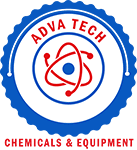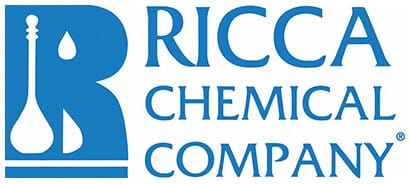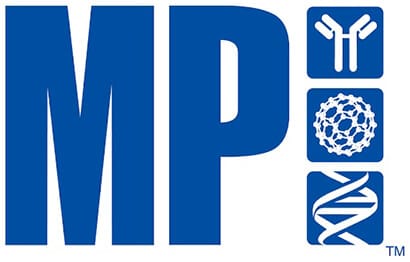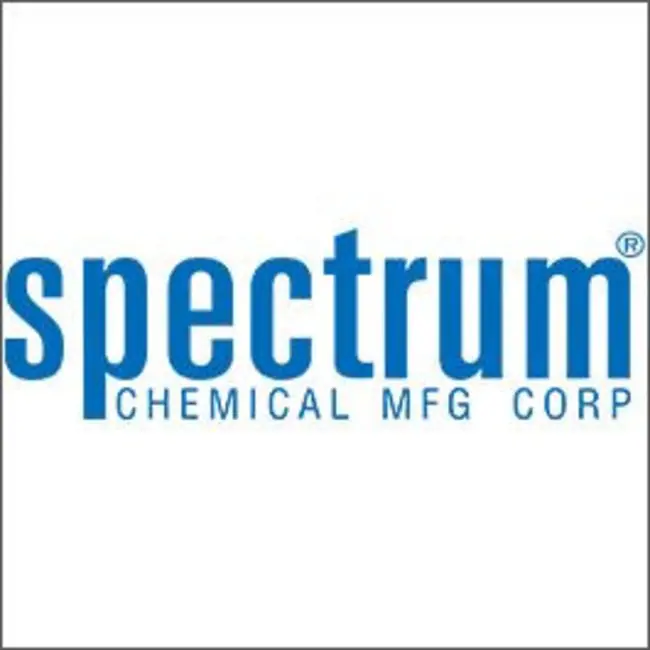100g
Showing 701–750 of 2315 results
-

Bromophenol Blue, Reagent, ACS
$683.38 Add to cart View Product DetailsBromophenol Blue, Reagent, ACS
-

Bromophenol Blue, Water Soluble, Reagent, ACS
$625.11 Add to cart View Product DetailsBromophenol Blue, Water Soluble, Reagent, ACS
-

Bromothymol Blue, Reagent, ACS
$654.74 Add to cart View Product DetailsBromothymol Blue, Reagent, ACS
-

Bromothymol Blue, Water Soluble, Reagent, ACS
$683.38 Add to cart View Product DetailsBromothymol Blue, Water Soluble, Reagent, ACS
-

Brompheniramine Maleate, USP
$1,591.46 Add to cart View Product DetailsBrompheniramine Maleate, USP
-

Brucine Sulfate, Heptahydrate, Reagent, ACS
$877.16 Add to cart View Product DetailsBrucine Sulfate, Heptahydrate, Reagent, ACS
-

BTLA/CD272, His, Human
$241.50 Add to cart View Product DetailsB- and T-Lymphocyte Attenuator (BTLA) is a single-pass type I membrane protein containing 1 Ig-like V-type (immunoglobulin-like) domain. BTLA expression is induced during activation of T cells, and BTLA remains expressed on Th1 cells but not Th2 cells. Like PD1 and CTLA4, BTLA interacts with a B7 homolog, B7H4. However, unlike PD-1 and CTLA-4, BTLA displays T-Cell inhibition via interaction with tumor necrosis family receptors (TNF-R), not just the B7 family of cell surface receptors. BTLA is a lymphocyte inhibitory receptor that inhibits lymphocytes during immune response. BTLA also is a ligand for tumor necrosis factor (receptor) superfamily, member 14 (TNFRSF14), also known as herpes virus entry mediator (HVEM). BTLAHVEM complexes negatively regulate T-cell immune responses.
-

Budesonide, Micronized, USP
$15,776.55 Add to cart View Product DetailsBudesonide, Micronized, USP
-
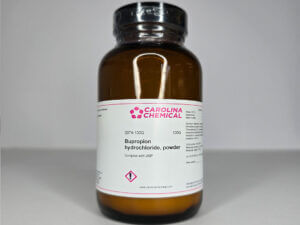
Bupropion Hydrochloride Powder – 100G
$124.20 Add to cart View Product DetailsCAS Number 31677-93-7 Molecular Weight 276.20 Molecular Formula C13H18ClNO · HCl -

Bupropion Hydrochloride, USP
$3,257.27 Add to cart View Product DetailsBupropion Hydrochloride, USP
-

Butamben
$104.74 Add to cart View Product DetailsButamben
-

Butyl Myristate
$433.67 Add to cart View Product DetailsButyl Myristate
-

CA125/MUC16, His & Avi, Human
$301.88 Add to cart View Product DetailsMUC16, also known as the CA125 antigen, is a mucin protein that may be found in type I transmembrane or secreted forms that are used monitor the progress of epithelial ovarian cancer therapy. Thought to provide a protective, lubricating barrier against particles and infectious agents at mucosal surfaces. Binding to MSLN mediates heterotypic cell adhesion. This may contribute to the metastasis of ovarian cancer to the peritoneum by initiating cell attachment to the mesothelial epithelium via binding to MSLN.
-

Cacodylic Acid
$931.06 Add to cart View Product DetailsCacodylic Acid
-

Caffeic Acid
$802.38 Add to cart View Product DetailsCaffeic Acid
-
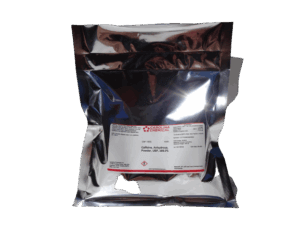
Caffeine Powder Anhydrous Pure, USP, ≥99.0% – 100G
$17.48 Add to cart View Product DetailsCAS Number 58-08-2 Molecular Formula C8H10N4O2 Formula Weight 194.19 Grade USP/FCC -

Calcium Acetate, USP
$62.99 Add to cart View Product DetailsCalcium Acetate, USP
-

Calcium Alginate
$207.58 Add to cart View Product DetailsCalcium Alginate
-

Calcium Ascorbate, Dihydrate, USP
$81.16 Add to cart View Product DetailsCalcium Ascorbate, Dihydrate, USP
-

Calcium Chloride, Desiccant, Reagent, ACS
$74.27 Add to cart View Product DetailsCalcium Chloride, Desiccant, Reagent, ACS
-

Calcium D-Pantothenate
$66.86 Add to cart View Product DetailsCalcium D-Pantothenate
-

Calcium Pantothenate, FCC
$173.17 Add to cart View Product DetailsCalcium Pantothenate, FCC
-

Calcium Saccharate, Tetrahydrate, USP
$470.76 Add to cart View Product DetailsCalcium Saccharate, Tetrahydrate, USP
-

Calcium Silicate, 200 Mesh
$509.28 Add to cart View Product DetailsCalcium Silicate, 200 Mesh
-

Calcium Silicate, NF
$149.90 Add to cart View Product DetailsCalcium Silicate, NF
-

Calcium Silicide, -140 Mesh, Powder
$143.20 Add to cart View Product DetailsCalcium Silicide, -140 Mesh, Powder
-

Calcium Silicide, Reagent
$270.57 Add to cart View Product DetailsCalcium Silicide, Reagent
-

Calcium Thioglycolate, Trihydrate
$412.51 Add to cart View Product DetailsCalcium Thioglycolate, Trihydrate
-

Calmagite
$541.24 Add to cart View Product DetailsCalmagite
-

Calmagite, Reagent, ACS
$495.56 Add to cart View Product DetailsCalmagite, Reagent, ACS
-

Capsaicin, USP
$7,238.07 Add to cart View Product DetailsCapsaicin, USP
-

Capsicum Oleoresin
$209.28 Add to cart View Product DetailsCapsicum Oleoresin
-

CAPSO Sodium Salt, Biological Buffer
$161.77 Add to cart View Product DetailsCAPSO Sodium Salt, Biological Buffer
-

Carbamazepine, USP
$1,331.99 Add to cart View Product DetailsCarbamazepine, USP
-

Carbidopa, USP
$3,523.74 Add to cart View Product DetailsCarbidopa, USP
-

Carbomer 934P, Resin, NF
$127.48 Add to cart View Product DetailsCarbomer 934P, Resin, NF
-

Carbomer 940, NF
$104.04 Add to cart View Product DetailsCarbomer 940, NF
-

Carbomer 941, NF
$101.40 Add to cart View Product DetailsCarbomer 941, NF
-

Carbon Tetrabromide
$392.37 Add to cart View Product DetailsCarbon Tetrabromide
-

Carbon Tetrabromide
$83.26 Add to cart View Product DetailsCarbon Tetrabromide
-

Carboxymethylcellulose Calcium Salt
$358.05 Add to cart View Product DetailsCarboxymethylcellulose Calcium Salt
-

Carmine
$736.01 Add to cart View Product DetailsCarmine
-

Carrageenan, NF
$470.76 Add to cart View Product DetailsCarrageenan, NF
-

Casein-Hammersten
$72.34 Add to cart View Product DetailsCasein-Hammersten
-

Castor Oil, Ethoxylated
$132.64 Add to cart View Product DetailsCastor Oil, Ethoxylated
-

Catechol
$131.24 Add to cart View Product DetailsCatechol
-
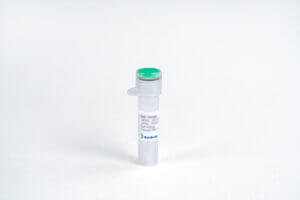
Cathepsin B, Human
$780.56 Add to cart View Product DetailsCathepsin B is an enzymatic protein belonging to the peptidase (or protease) families. The protein encoded by this gene is a lysosomal cysteine protease composed of a dimer of disulfide-linked heavy and light chains, both produced from a single protein precursor. It is a member of the peptidase C1 family. At least five transcript variants encoding the same protein have been found for this gene. Cystatin-B / CSTB is an intracellular thiol proteinase inhibitor. Tightly binding reversible inhibitor of cathepsins L, H and B. Cystatin-B / CSTB is able to form a dimer stabilized by noncovalent forces, inhibiting papain and cathepsins l, h and b. Cystatin-B / CSTB is also thought to play a role in protecting against the proteases leaking from lysosomes.
-

CCL25, Mouse
$521.81 Add to cart View Product DetailsCCL25 is a new member of the CC family chemokine. It is also called Thymus-expressed chemokine (TECK) because it is restricted produced by thymus and intestine. Especially, the dendritic cells derived from thymus but not bone marrow had been identified to be the source of CCL25. By binding with CCR9, it elicits its effects of chemotactic for thymocytes, macrophages, and dendritic cells. Additionally, CCL25 takes part in regulating the development of T-cells.
-

CD20, His & Avi, Human
$301.88 Add to cart View Product DetailsB-lymphocyte antigen CD20 or CD20 is an activated-glycosylated phosphoprotein expressed on the surface of all B-cells beginning at the pro-B phase (CD45R , CD117 ) and progressively increasing in concentration until maturity.CD20 is the target of the monoclonal antibodies rituximab, ocrelizumab, obinutuzumab, ofatumumab, ibritumomab tiuxetan, tositumomab, and ublituximab, which are all active agents in the treatment of all B cell lymphomas, leukemias, and B cell-mediated autoimmune diseases.
-

CD200 R1, His, Human
$241.50 Add to cart View Product DetailsCell surface glycoprotein CD200 Receptor 1 (CD200R1) is the receptor for the CD200 (OX-2) membrane glycoprotein. CD200R1 contains one C2- type Ig-like domain and one V-type Ig-like domain within its extracellular domain and a PTB-signaling motif in cytoplasmic domain. CD200R1 and CD200 associate via their respective N-terminal Ig-like domains. CD200R1 is restricted primarily to mast cells, basophils, macrophages, and dendritic cells. It propagates inhibitory signals despite its lacking a cytoplasmic ITIM (immunoreceptor tyrosinebased inhibitory motif). The receptor-substrate interaction may function as a myeloid downregulatory signal.
